Over three years after the 2016 referendum outcome to leave the European Union (52 percent leave, 48 per cent remain), the United Kingdom remains deeply divided. The hope now is that going to the people again may bring a semblance of normalcy after wrangling, ennui and worse.
Two draft withdrawal agreements signed after protracted talks with Brussels (in December 2018 and October 2019) on the terms of the “divorce” failed to win support in the House of Commons.
Convinced that the current House is “dysfunctional” and cannot agree on Brexit, as Prime Minister Boris Johnson put it, the opposition Labour and other parties have finally agreed on the option to go to the people in another mid-term election on December 12.
It is actually a mid-mid-term election.
The last normal election was in 2015, when David Cameron led the Conservatives to a 12-seat majority. But he called the EU referendum in 2016, whose outcome triggered deep divisions in British politics and society. He soon quit, and Theresa May entered Downing Street.
Keen to win a larger majority for her version of Brexit, May called a mid-term election in 2017, only to lose the party its slender 2015 majority. She stayed in power with outside support from the Northern Ireland-based Democratic Unionist Party.
But her Brexit version was strongly opposed by critics inside and outside her party. It was voted down thrice in the House of Commons, before she was forced out of office by her party. Johnson took over in July this year, promising to deliver Brexit, “do or die”, by the deadline of October 31.
This promise too remains unfulfilled. Johnson’s version of the withdrawal agreement also did not win support in the House. His government is in a minority, cannot get laws passed. Even on the issue of triggering the December 12 election, it had to depend on opposition votes.
Johnson’s claim to voters now is that parliament blocked his attempts to deliver Brexit, and only a comfortable majority will enable him to deliver it. But Brexit has blurred loyalties among voters and MPs, since there are pro and anti-Brexit MPs in each party. Labour has pursued creative ambiguity to enlist support of both camps, and favours holding another EU referendum.
The outcome of the next election is by no means certain to produce a clear majority. The Liberal Democrats is the only party that wants to cancel Brexit. The election result, and the party or parties who will form the next government, will determine the fate of Brexit.
Four scenarios after December 12 are:
1. Brexit happens by the new deadline of January 31 under the agreement reached by Johnson.
2. The agreement with Brussels is renegotiated.
3. Another referendum is held to seek people’s approval on the terms of Brexit outlined in the agreement.
4. Brexit is cancelled.


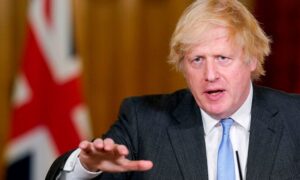



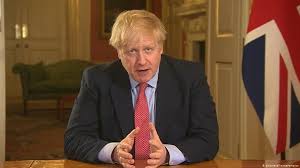

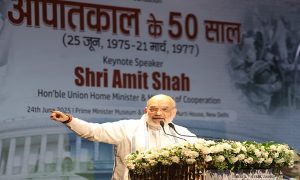



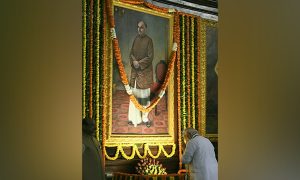

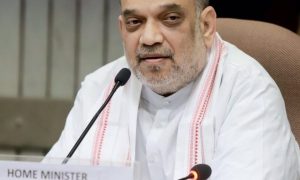

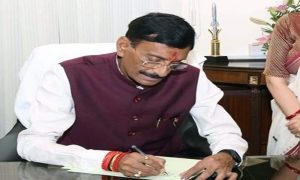

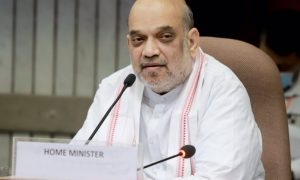

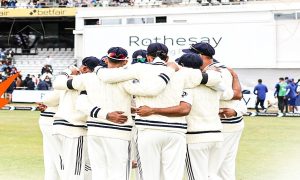







 WhatsApp us
WhatsApp us